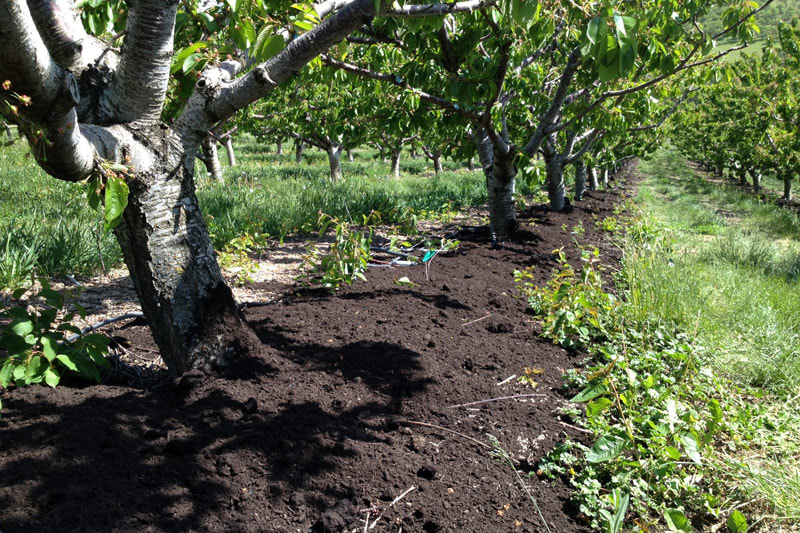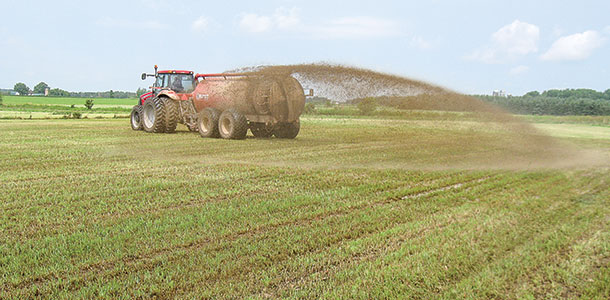|
When thinking the benefits of black soldier fly production, we often hear people saying the black soldier fly larvae can eat up the organic waste and turn it into insect protein for animal feed, and the residue frass can be used as compost. When they are completely right about the insect protein, but are they saying the right thing about the BSFL frass? Is it a compost? Well, from my opinion, it's not a compost. A good compost is supposed to have a C:N ratio around 20--if the ratio is below 20 then the compost is not quit ready and will potentially burn the plant if applied heavily. This paper by Mannar Arica Alattar showed us that if the BSFL frass is applied as compost, it will stunt the corn plants and cause less leaf growth. Alattar, M. A., Alattar, F. N., and Popa, R. 2016. Effects of microaerobic fermentation and black soldier fly larvae food scrap processing residues on the growth of corn plants (Zea mays). Plant Science Today 3(1): 57-62. http://dx.doi.org/10.14719/pst.2016.3.1.179 In this study, the researchers test the frass as compost, as they mix the frass with soil in a ratio of one part of frass to two parts of soil, and the result shows this mixture is phytotoxic. It was a very heavy mixture, and it's similar to how farmers applied compost (as shown below). From our unpublished data, BSFL fed brewery grain resulting in a frass with low C:N ratio of 14, which means this material is still hot and will potentially burn the plants, and shouldn't be used as compost. There are two ways to use the frass. First is adding more carbon source into the frass and allow the material sit for further decomposition, and the resulting product is high quality compost with appropriate C:N ratio of 20. The second way to use it as raw manure, lightly applying it on the field so it does not burn the crops. In our facilities we allow the frass to dry down and pile them up, so that farmers can come pick it up use directly on their lands. Wanna learn more about this factory? Click Here Black soldier fly larval frass is a very good nitrogen source for crops, and has high value in organic industry. Spring
2 Comments
Regina Menino
7/10/2019 03:28:09 am
This is a very interesting theme. It would be great to have published data, to compare with greenhouse experiments that are being carried out in my institute.
Reply
John Smith
2/10/2021 11:03:40 am
we are organic blueberry farmers
Reply
Leave a Reply. |
AuthorIndividuals with over 25 years research experience with the black soldier fly. We are passionate about the science behind the black soldier fly and its ability to convert waste to protein. Get Notified Here
Archives
September 2022
Categories
All
Install an RSS app to get notified from us when a new post is up!
|
ServicesSupport |
About |



 RSS Feed
RSS Feed

